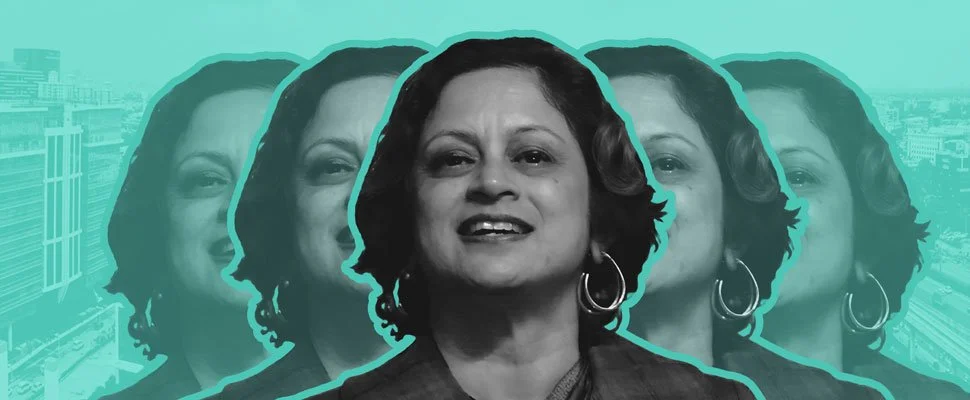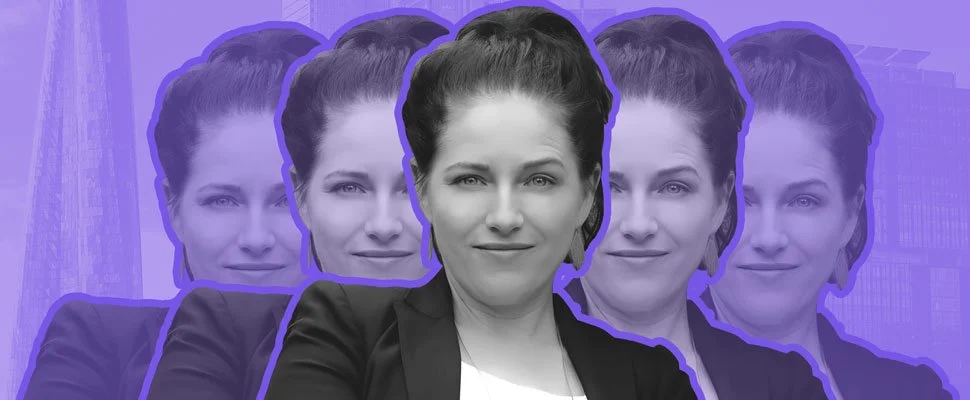Work readiness, strengths & self awareness: the importance of human skill development for students
Are high school students truly prepared for the world of work?
As mounting research continues to show, students today need more than book smarts and technical knowledge to flourish in the workplace. Success requires a very particular set of skills – human skills.
Human skills are essential in our careers and life. They help us better understand and communicate with others. They improve our problem-solving and critical thinking abilities. They make us more adaptable and resilient in the face of change.
But there's no reason students should wait until their careers start to develop these skills. The earlier they begin to master social-emotional skills, the more likely they are to thrive in the world of work.
Right now, however, most secondary schools are failing to offer formal opportunities to learn human skills. As a result, many employers are reporting that their youngest hires are lacking essential "soft" skills they need in their organisation. Skills such as communication, leadership, and adaptability.
This needs to change.
In this article, we'll explore why secondary schools need to support students' human skill development now.
Why human skills development is important for students
What are some of the top impacts and benefits of a human skills development program for students?
1. Human skills development builds self-awareness and confidence
Research shows that 68% of students are stressed and lack the confidence to start work. That's where human skills development can help.
Maxme's Amica program for schools focuses on helping students understand their unique strengths and weaknesses. Through practical activities, students learn how to harness their strengths to achieve success.
On completion of Maxme’s Amica work readiness program, students report having a clearer understanding of themselves, their strengths, and how to apply them in their studies and future work. By knowing themselves better, being realistic about what they're good at, and what they can improve, students are more likely to build the self-confidence needed to achieve their career goals.
2. Students will learn how to control their emotions and manage stress
Emotional intelligence (EQ) is one of the most sought-after skills by employers. It gives you the ability to understand and manage your own emotions, as well as recognise and influence the emotions of others.
These are critical skills for high school students as they reach the end of their secondary education and embark on the next stage. Human skills training can help students better understand and control their emotions, particularly in times of pressure and change. It can help them cope with the stress of exam time and the emotional highs and lows that come with applying for jobs. It can also help students understand and adapt their communication styles and improve interactions with others in every aspect of their lives.
3. Developing human skills at school prepares students for the future of work
The world of work is changing and the next generation of workers needs the tools to adapt to it. Look at it this way – while teaching students the technical skills to use emerging AI tools is important, it's much more valuable to provide them with the skills to adapt as AI continues to evolve.
Deloitte's report, The path to prosperity: Why the future of work is human, underscores this point, highlighting that by 2030, more than 80% of the jobs created will be for knowledge workers. Of that 80%, two-thirds will be strongly reliant on soft skills.
By developing human skills now, students will be better prepared for the future world of work. Not only will they be more attractive to employers, but they will have the skills to thrive in the workplace. For example, armed with critical skills in adaptability and curiosity, they will be better able to deal with ambiguity and change, and even embrace it.
4. Human skills development at school develops the habit of lifelong learning
Learning shouldn't stop when we leave school. It should be a lifelong process, driving our professional and personal development.
But how do you explain this to a high school student who’s eager to get out and start work?
Maxme’s Amica program helps students recognise their ability to grow and learn. By providing them with challenging tasks and supporting them in their learning journey, we instil in them the value of lifelong learning beyond the formal education of high school and university.
Mastering human skills begins at school
With human skill development programs like Amica, there’s no excuse for students to be leaving school without the skills they need to thrive. High schools should provide students with authentic opportunities to develop in-demand human skills, setting them up for success. By teaching them how to harness their strengths, build stronger relationships, and adapt to change, we can transform their readiness for work and life.
Maxme delivers human skills development for schools through our Amica programs. Amica offers a unique approach to work readiness and strengths identification training for secondary schools. Along with improving confidence and decision-making skills, Amica programs help students to thrive and maximise their career potential in a way that's tailored to their individual strengths.
FAQs
What are the most important skills for secondary school students?
Human skills are the most important skills for secondary school students. Human skills mean we are better prepared to manage stress, deal with difficult situations and conflicts, build stronger relationships, and pursue paths aligned with our strengths and goals.
Why is it important to develop academic skills?
Academic skills include conducting research, critical thinking, note-taking, and editing work. These skills will help students throughout their secondary and tertiary education and in their future work lives. For example, critical thinking is one of the top soft skills that employers in any industry look for in job candidates.
What is Amica?
Amica is Maxme's suite of human skills work readiness programs for secondary students. Amica is all about upskilling students with critical human skills for work readiness and student success. These skills include self awareness, navigating conflict, managing stress, emotional intelligence (EQ), learning from failure, negotiation, and communication. Maxme’s Amica programs help students to develop these skills and apply them to practical work contexts. Here’s everything you need to know about Amica.
Got more questions?
We're here to help every step of the way. Contact us to speak with a team member about the Amica programs and discuss the best approach to prepare your students to thrive in the world of work.
You can also request a demo with our team or reach out directly via hello@maxme.com.au.







